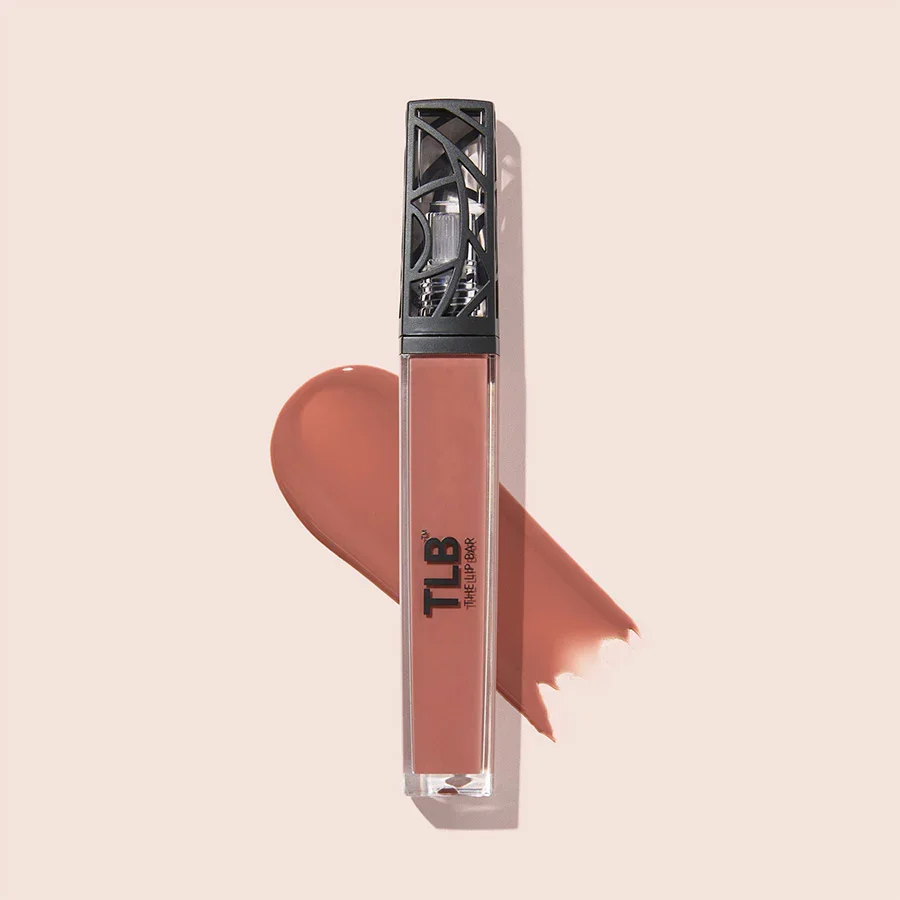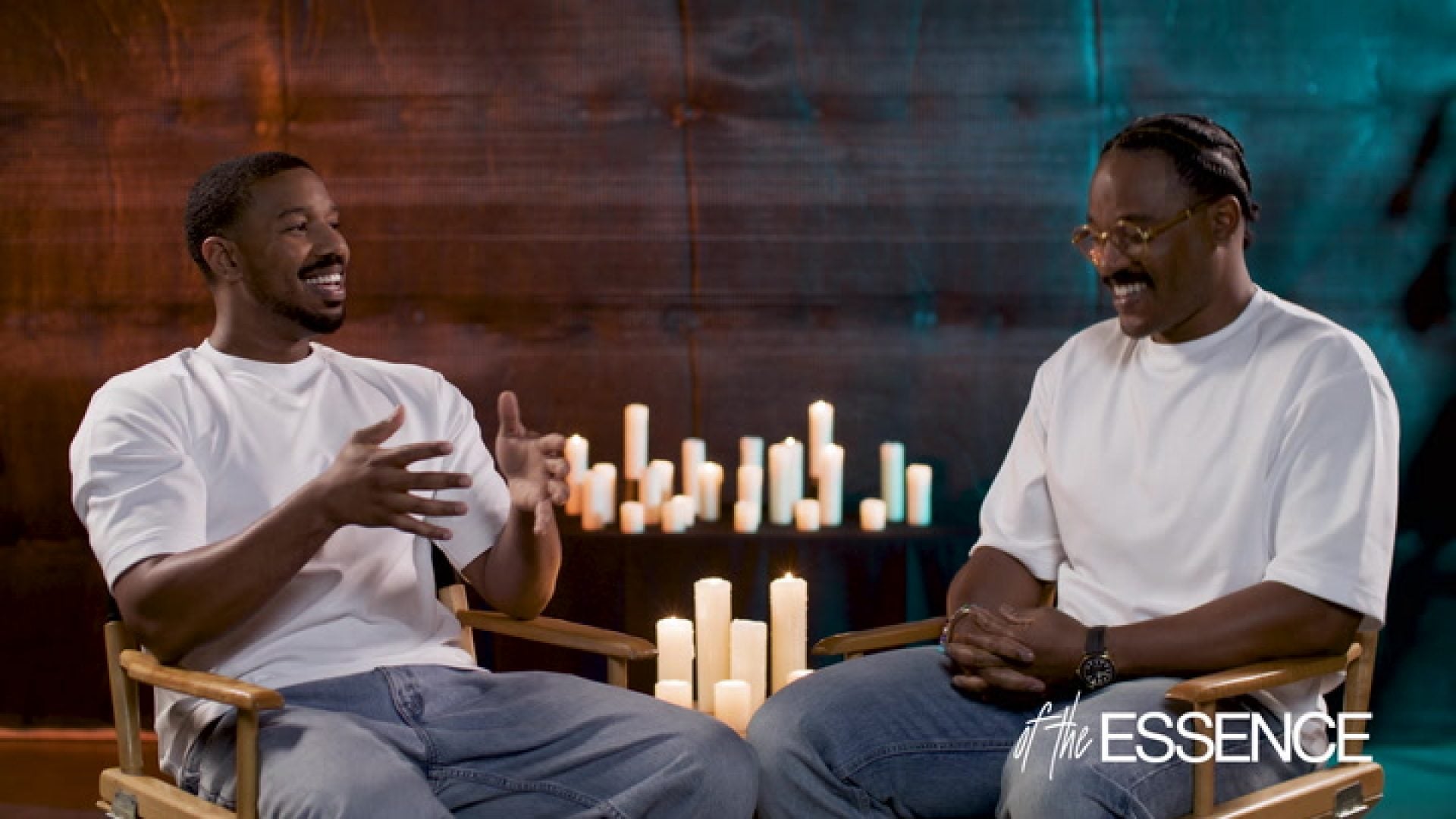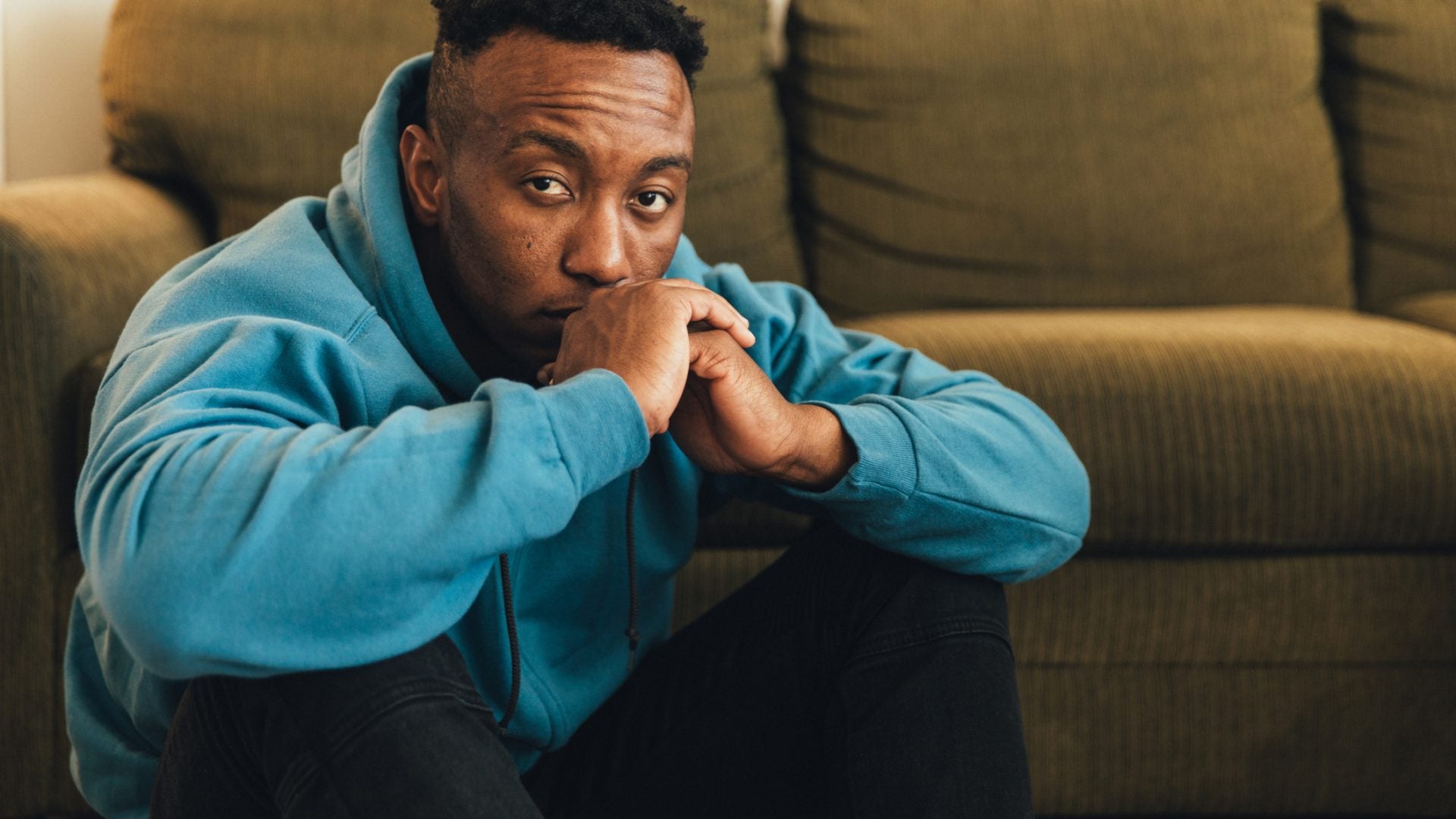
When discussions are had about suicide, the focus these days is often on what’s occurring with very young people: children and teens under great pressure in the age of social media and bullying. But what many fail to realize is the numbers that inform those studies go past junior high and high school age and all the way into young adulthood, and what’s happening within the Black community in regards to this topic is jarring. In addition to suicide rates in general for people ages 10 to 24 in the U.S. jumping 57.4 percent from 6.8 to 10.7 between 2007 and 2018, according to the Suicide Prevention Resources Center, suicide rates within the Black community have been peaking during adolescence and young adulthood before declining around later adulthood (ages 15 to 34). Even more staggering, per statistics, within the Black community, the actual suicide death rate for men is more than four times the rate for women. We’re all going through it, but how much attention is being put on the weight Black men are quietly carrying?
“They’re trying to get to the pain that they can not really understand, or heal the pain they can’t stop and can’t really articulate,” says Dallas-based mental health therapist and expert Jay Barnett about the growing rates of suicide among Black men. Not only has he helped young male clients and everyday men online to prioritize their mental health and deal with suicidal ideations, he’s also a two-time suicide survivor. And while progress has been made in the 10 years since he grappled with that pain for people to talk openly about mental health, Barnett and other experts say Black men specifically haven’t actually been given the chance to be vulnerable, heard and understood.
“I always felt like if I told people ‘I heard voices,’ what were they going to think about me?” he recalls to ESSENCE. “The first time I said to my mom, ‘I’m having thoughts of suicide,’ it was ‘What is wrong with you? You’re saved. God’s been walking with you since you were a kid. What do you mean you want to kill yourself?’ There’s just no one to really say, ‘let’s dive deep into when you have these thoughts, what is the trigger?'”
Dr. Chanda Reynolds, a D.C.-based licensed clinical psychologist and host of the ‘The Paging Dr. Chanda‘ podcast, agrees.
“I do think we’re having these conversations more frequently. I don’t think they’re becoming more comfortable though because there are so many Black men are still suffering in silence from this, believing they have to be the strong Black man, whether for their family or their community.”
She adds, “The norm is to suppress emotions. That vulnerability piece from men is not as acceptable in mainstream society.”
So while we’ve heard many notable women figures be honest about the times they thought of or tried to commit suicide to be encouragement to other women, it hasn’t been the same for men.
“When men have been open and been honest, there’s often been penalties,” Barnett says. “They say, ‘I saw this guy open up and he got crucified for it. I’m just going to keep this to myself.’ When you feel you will be judged, then it’s ‘I can’t let people know I don’t have it together. I can’t let people know I don’t feel good about myself.’ I bottle that in. I internalize it. Eventually I implode. And when there’s an implosion on the inside, the explosion is, ‘I’m going to take myself out by any means.'”
So the question that begs answering is, how can we be a safe space for men who may be struggling and haven’t expressed it, or for those who have? In the wake of the death of actress Regina King’s son Ian Alexander Jr, I realized I never, ever truly ask the men in my life how they’re really doing aside from the surface “How are you?” Sadly, I assumed if a man wasn’t visually showing signs that he was going through it, he was fine. That’s not necessarily the case.
“We’ve learned to perform as men and be so concerned about everybody else, throwing ourself on the sword is normal,” Barnett says. “A lot of the men I have talked to in therapy that have struggled with suicidal [thoughts], they’ve often felt, ‘I don’t want to be a burden.’ So for me, my second suicide attempt, I called my mother because both of my parents kept saying, ‘Were tired of these antics.’ And I’m like, ‘Antics? I’m trying to figure out what’s going on in my head.’ And when you feel like you don’t want to be a burden, you just want to check out.’ It felt like, the family will be better off if I’m not here. They won’t have the stress. They won’t have the worry.”
For men who do express what they’re dealing with, it can be difficult to know how to proceed for loved ones. Again, I found myself recounting a number of conversations had with people in my family who’ve had a boyfriend battling depression, a cousin who called in distress, feeling betrayed because they hadn’t been checked on after a tough breakup, and a son who was suffering through a breakdown. No one knew how to adequately be there for any of them.
“We totally overlook the simple questions we can ask, such as, ‘How can I support you in this moment? What do you need from me?'” Reynolds says. “If we were to ask things like that, maybe we will get answers such as, ‘I need you to be a listening ear.’ Or, ‘I need affirmations in this moment. I need you to help me problem solve.’ Those are the questions that leave an open door.”
“A lot of times, a safe space is really just sitting with a brother,” Barnett says. “Often times, men are more linear in how they communicate. I think sometimes, our silence is also our processing space. If you were told ‘don’t cry,’ if you were told, ‘suck it up,’ if you were told, ‘Hey, you have to be the man of the house,’ you were never given the ability to really sob or emote. So you have this generation of Black men who are showing up to work, the football field, all these different arenas, but they’re not there emotionally.”
He adds, “Being a safe space is just giving that man an opportunity by asking, “What does the weight of the world feel like on your shoulder?’ rather than saying, ‘Are you good? How are you?’ We have to ask more in-depth questions rather than being surface.”
More resources have or are being created to also be of support. Reynolds mentions Black Men Heal, an organization which offers free mental health services, including virtual meetings. Barnett is also preparing a tour in March called “Just Heal Bro,” a companion to his popular journal for Black men to help them express their thoughts and find their voice. Therapy is always an incredible resource. It helped Barnett, and it’s why he works so hard now to help the young men he once was, aiding them in identifying their triggers and working through them.
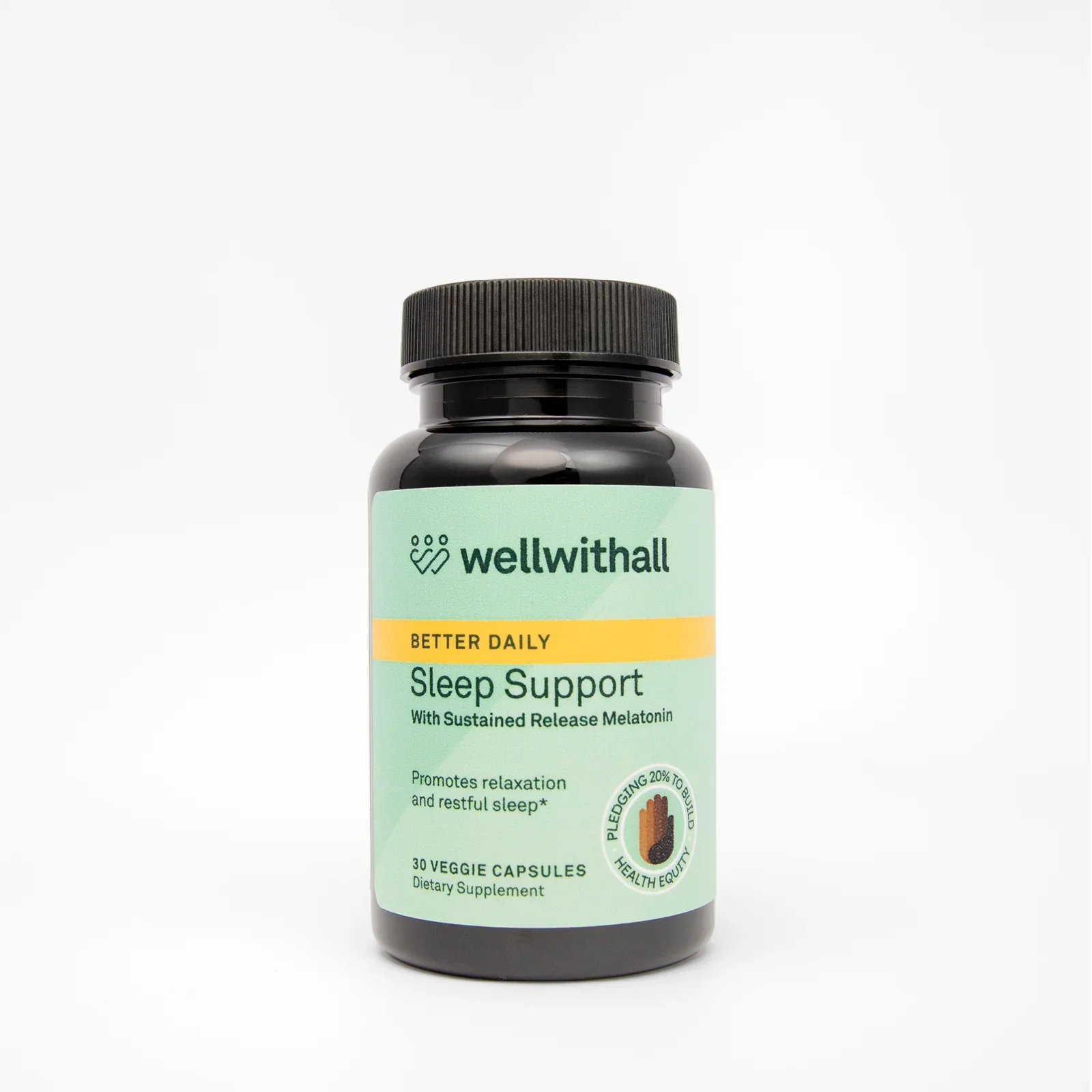

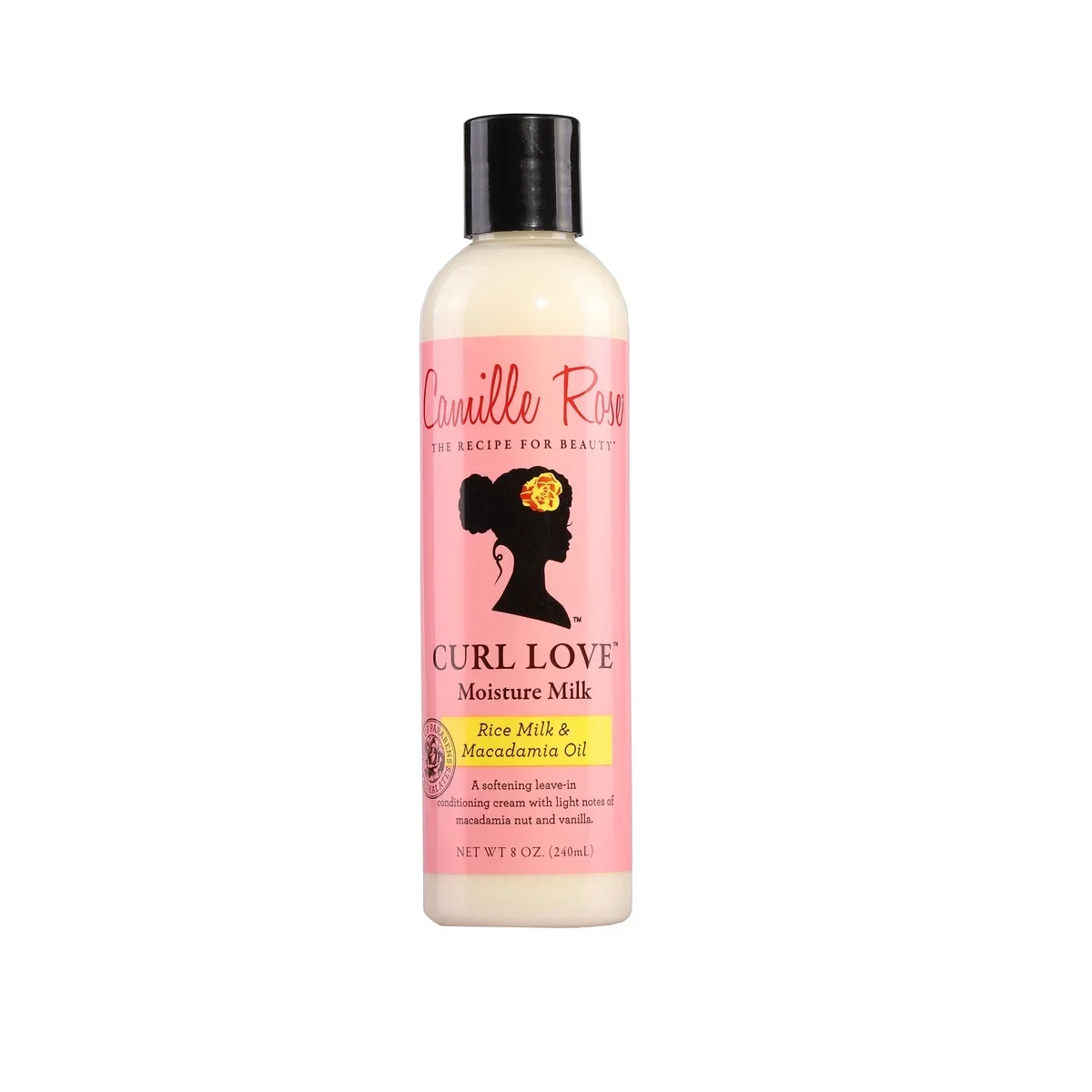
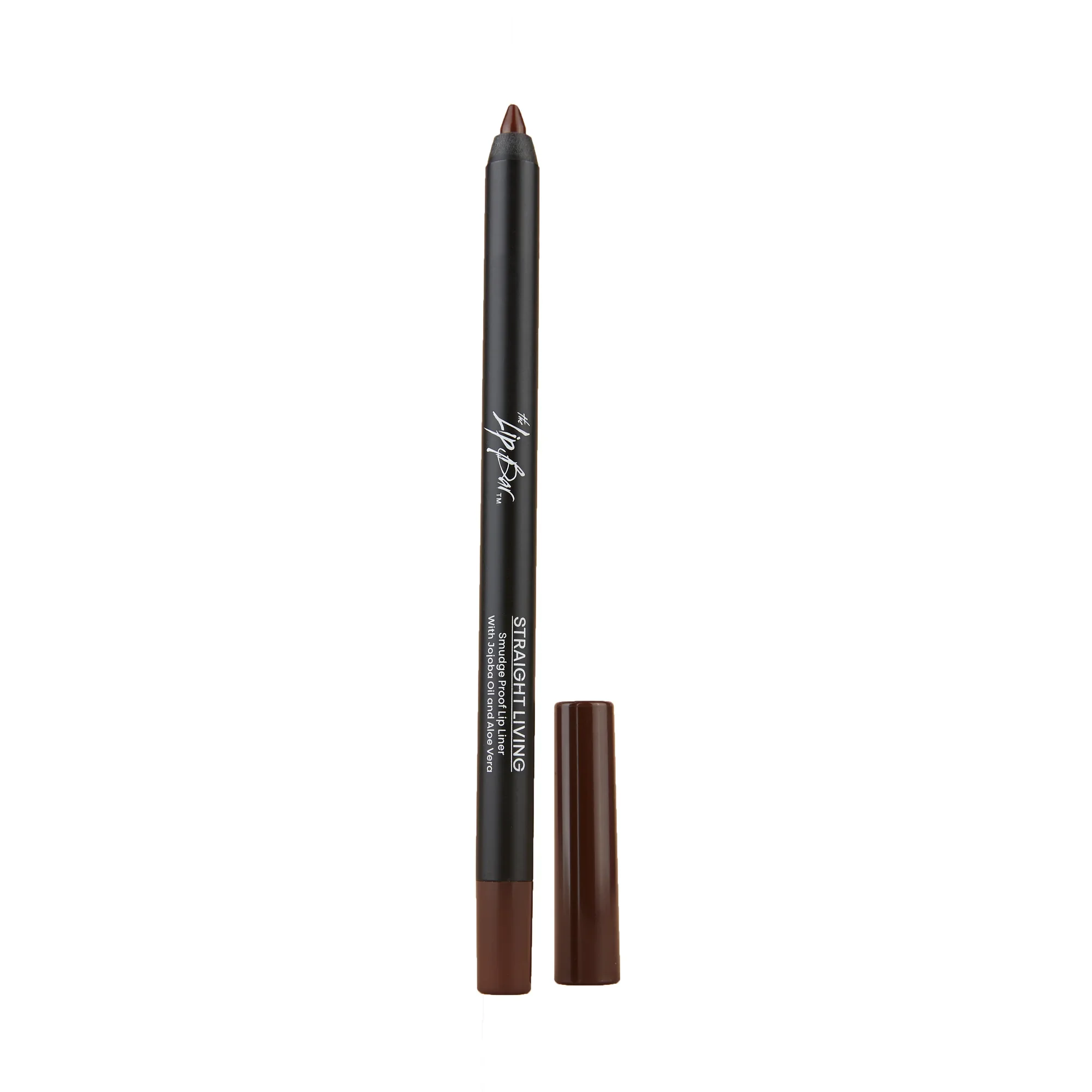


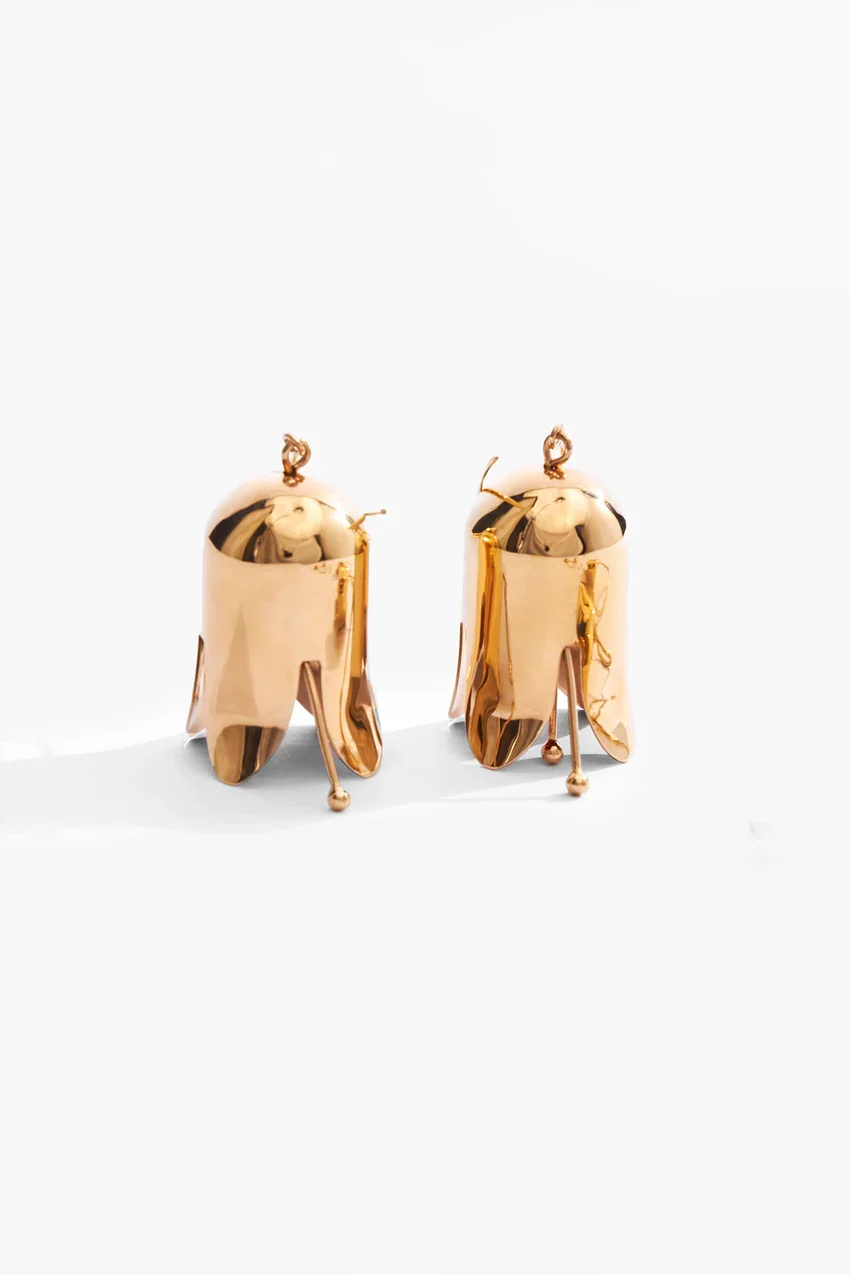
“What I ask is, ‘Is the pain you’re feeling, is it something that can possibly shift? Is it something you can move past? Do you feel something is threatening to your existence? Working through that is giving them the tools and giving them the opportunity to see how they can franchise strength from other areas of their life into these thoughts,” he says. “Getting them in this space to ask themselves, What do I have to live for? Finding something to live for, finding something that brings joy.”
But the key to helping men heal, he says, in addition to keeping an eye out for a change in behavior and being compassionate, is helping to create more opportunities for them to see they’re not alone so they truly believe it and can be open.
“There has to be more education and more visual. I would love to see several Black men on a platform who’ve struggled with suicide and also I would love to hear, what is attached to it?” he says. “We need to keep having these conversations but also creating these visuals for Black men to see as well. There has to be spaces for masculine Black men, the everyday working Black man, the creative Black man, the gay Black man, being able to have something where they can see themselves and say, ‘that’s me.’ Where they can really be open, have a platform and have the space to not be judged.”
